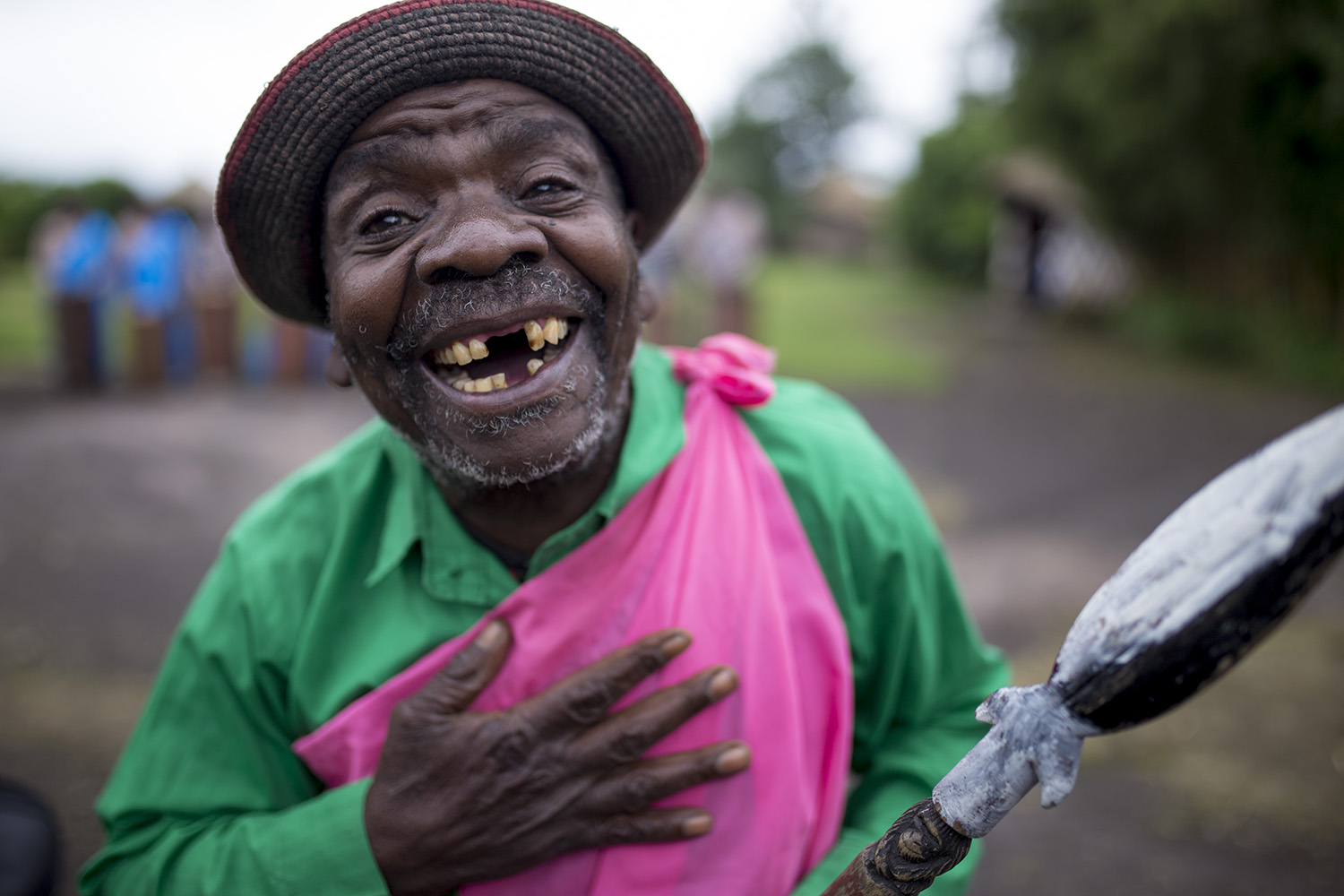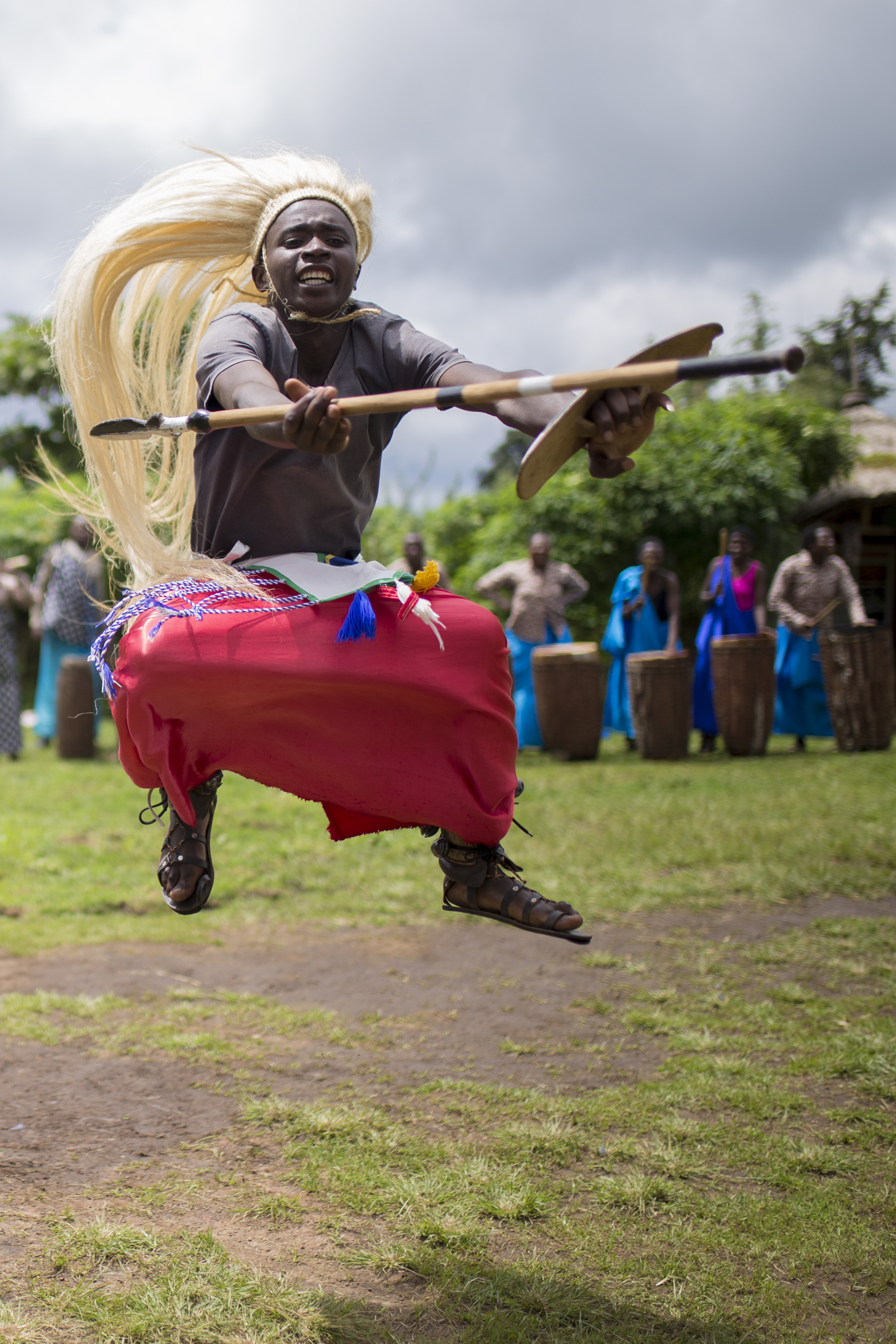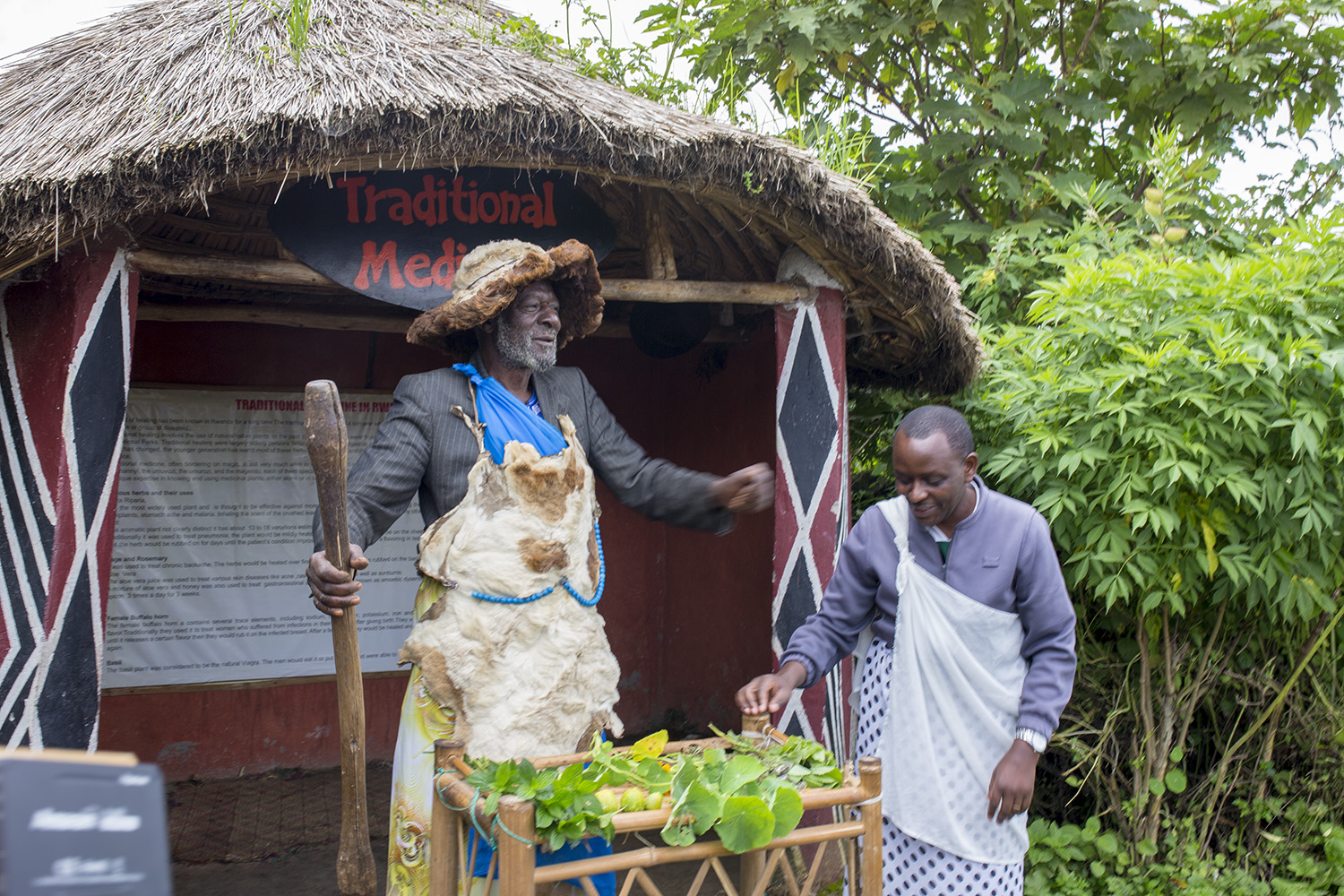Iby’iwacu Cultural Village: poachers turned conservationists, teachers
By Erica Chin and Kobie Li
Iby’iwacu cultural village is one of the tourists attractions in Rwanda, a landlocked east-central African country, run by former local poachers who used to hunt animals in the Volcanoes National Park for food and sale.
The park in northwestern Rwanda, which borders the Virunga National Park in the Democratic Republic of Congo, is home to the endangered mountain gorilla.
After rescuing a baby gorilla abducted by poachers in 2004, Edwin Sabuhoro, a warden in the park, started setting up small farms in poaching communities in hopes of providing poachers an alternative to illegal hunting.
Mr Sabuhoro’s project grew into the Iby’iwacu Cultural Village, where former poachers and their children became dancers, musicians and guides to show the traditional Rwandan ways of living.
Barora Leonidas was a poacher for almost 50 years until he stopped in 2005.
Mr Leonidas, whose front teeth were kicked out by a buffalo, is now dancing and singing in the cultural village to showcase traditional village life.
“There is no poaching nowadays since all the ex-poachers understand the importance of conservation and the Volcanoes National Park as well as the development of tourism,” said Innocent Twagikimana, a second generation ex-poacher who works as a guide at the village.
More than 1,000 former poachers now work in a wide range of activities in different villages and districts in Rwanda.
Apart from introducing local poaching traditions in the cultural village, members also participate in farming projects, craft making as well as individual business like trading.
“They are working on something that is changing their life,” said Mr Twagikimana.

Barora Leonidas was a poacher for 30 years and now works at the Gorilla Guardians cultural village. He lost his front teeth when he kicked in the face by an buffalo when poaching, he said.

